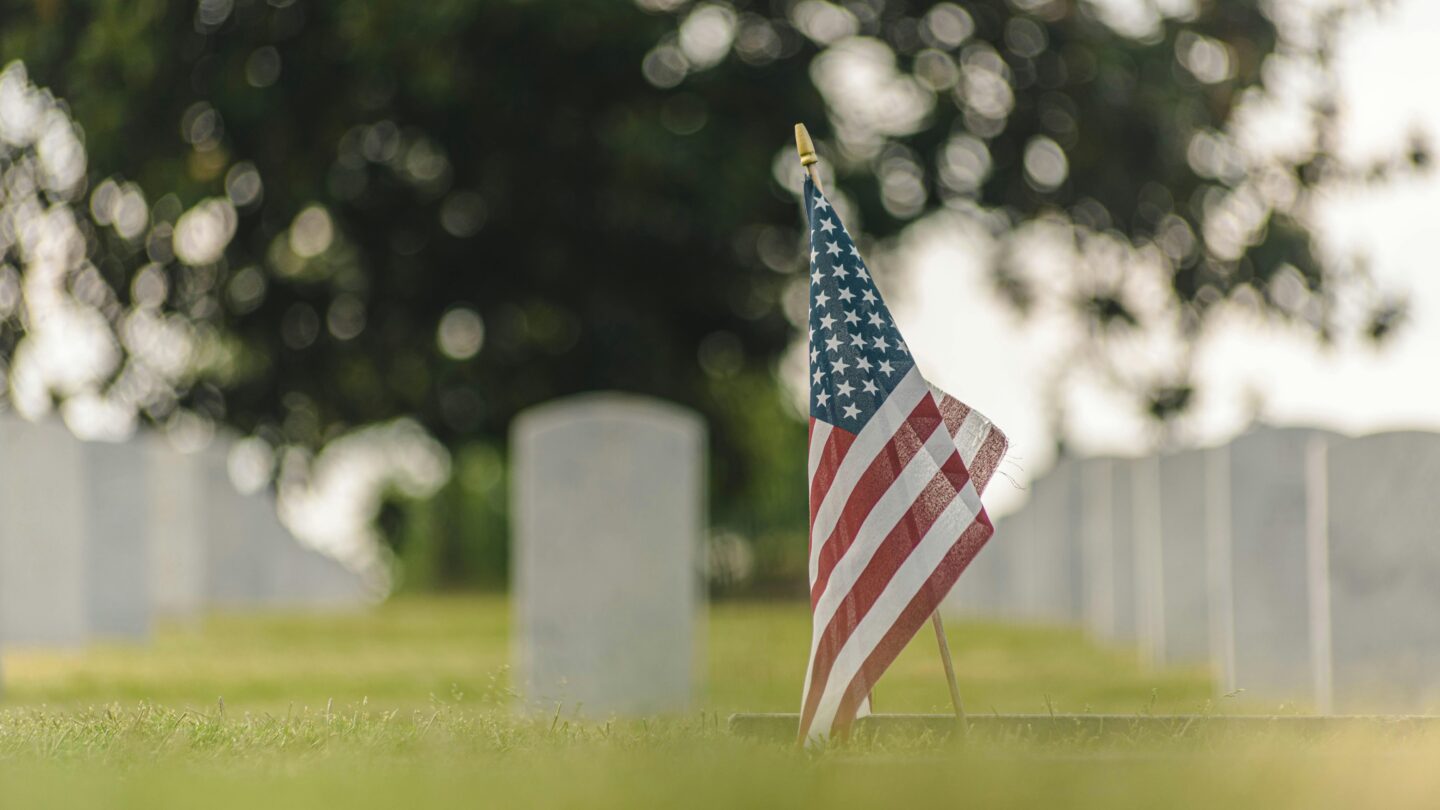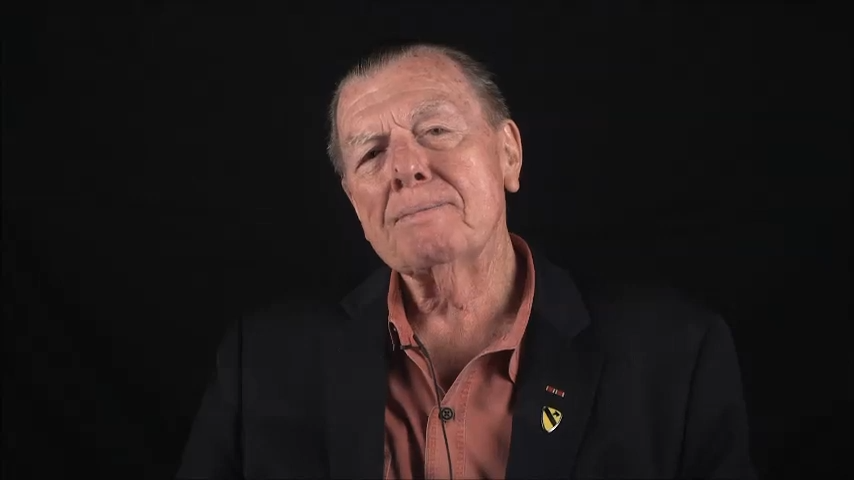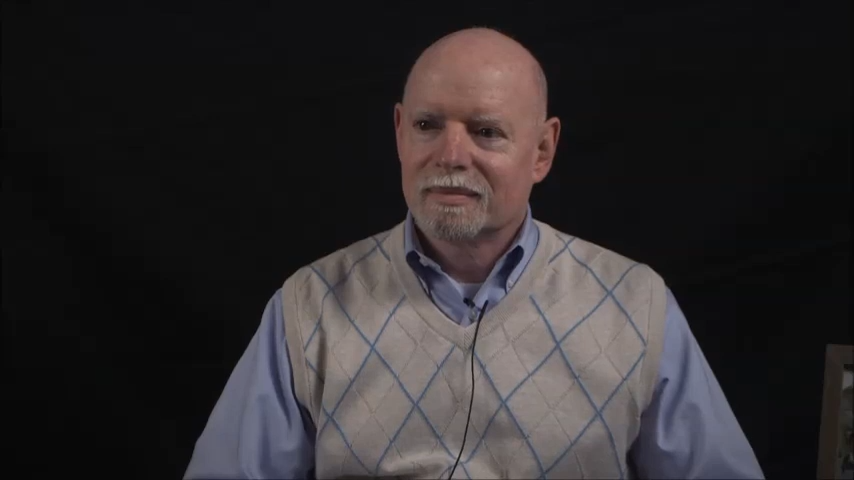
Chad Madden, Pexels
Memorial Day serves as a solemn reminder of the sacrifices required in military service and the deep emotional impact of those sacrifices. The stories of Joseph L. Galloway and Gerry F. Hutchinson highlight the importance of camaraderie, the weight of command, and the ongoing responsibility to honor those who have given their lives in service to their country.

Joseph L. Galloway, Atlanta History Center
Camaraderie in Combat
As Joseph L. Galloway recounted the Battle of Ia Drang during his interview for the Veterans History Project at Atlanta History Center, he highlighted the camaraderie that defines military service. As the first major engagement between the U.S. Army and North Vietnamese forces during the Vietnam War, the Battle of Ia Drang in 1965 was not only a test of military skill but also one of human resilience. In the rugged terrain and under constant threat of ambush in the Ia Drang Valley, U.S. service members relied completely on one another for survival. Consequently, they not only shared ammunition and strategy but also their deepest fears and hopes. In one touching story from We Were Soldiers Once … and Young, a book Galloway co-authored with General Harold G. Moore, Galloway said a young soldier shared a tattered photograph of his family with him, entrusting him with a piece of his personal world. Such exchanges, small against the vastness of war, were crucial in building the fabric of comradeship.
Galloway, who was present at the battle as a war correspondent, described the enduring quality of this brotherhood.
“We were completely dependent on each other for survival,” he said, capturing the intense relationships developed under extreme conditions. “You form bonds in those situations that are stronger than any family ties.”

Gerald F. Hutchinson Jr., Atlanta History Center
Like Galloway, Gerald F. Hutchinson Jr. understands the camaraderie that forms on the battlefield.
“You remember their faces, their hopes, their fears,” he said of his fellow service members during his oral history interview with Atlanta History Center. “You carry them with you every day.”
Hutchinson, who served 26 years as a chaplain in the U.S. Navy Reserve, experienced the heavy emotional toll exacted by the realities of war firsthand. His first active-duty assignment was to Afghanistan three years after the terrorist attacks on September 11, 2001. As someone who bore the responsibility of making critical decisions, he felt deep anguish when things went wrong—especially when they led to the loss of service members. One loss that touched Hutchinson deeply was that of Marine Sergeant James S. Lee. Lee, who was assigned to the Marine fighter Attack Squadron 142 at Naval Air Station Atlanta, died during an aircraft accident in Afghanistan.
“Each loss is personal, a heavy weight that you carry long after the battle ends,” he said.
The internal struggle military leaders face is often hidden beneath their steadfast exteriors. However, Hutchinson shared moments of returning home from deployment, where memories of lost soldiers disrupted the normalcy of peacetime, showing that war, though often geographically distant, can be psychologically close.
Healing Through Storytelling
Galloway and Hutchinson’s stories illustrate how experiences during conflict shape individuals. Having been molded by their experiences, both focused on the therapeutic aspects of sharing their stories during their lives outside of the trenches. Galloway, who died in 2021, participated in numerous speaking engagements and wrote extensively to highlight stories of courage and sacrifice. Similarly, Hutchinson has been involved in initiatives that connect veterans with each other and with civilians, fostering dialogue and understanding. His activities provide a sense of purpose and community for veterans struggling with their transition back to civilian life.
“The battlefield teaches hard lessons, and those lessons have profound relevance, not just for soldiers but for our society as a whole,” Hutchinson said, stressing the importance of understanding the true costs of war.

